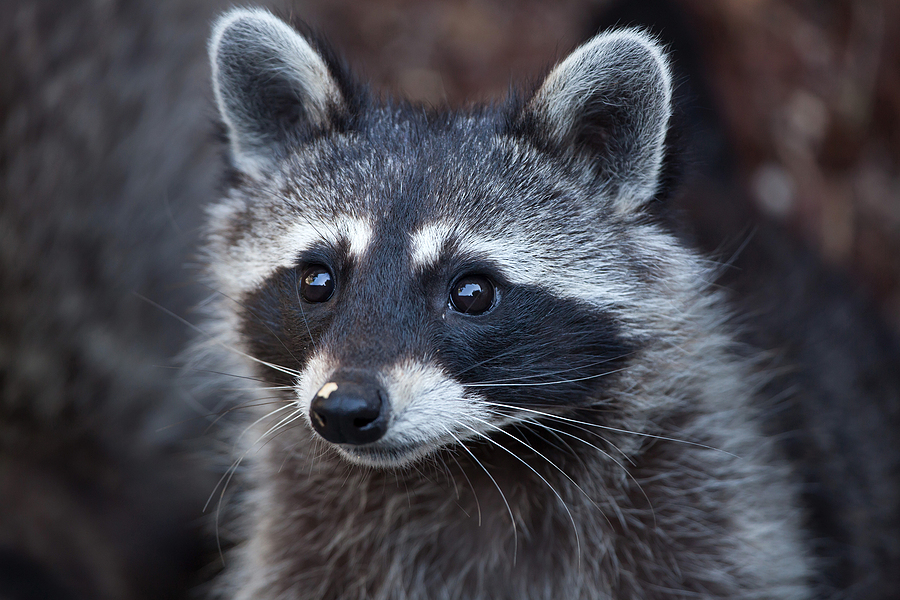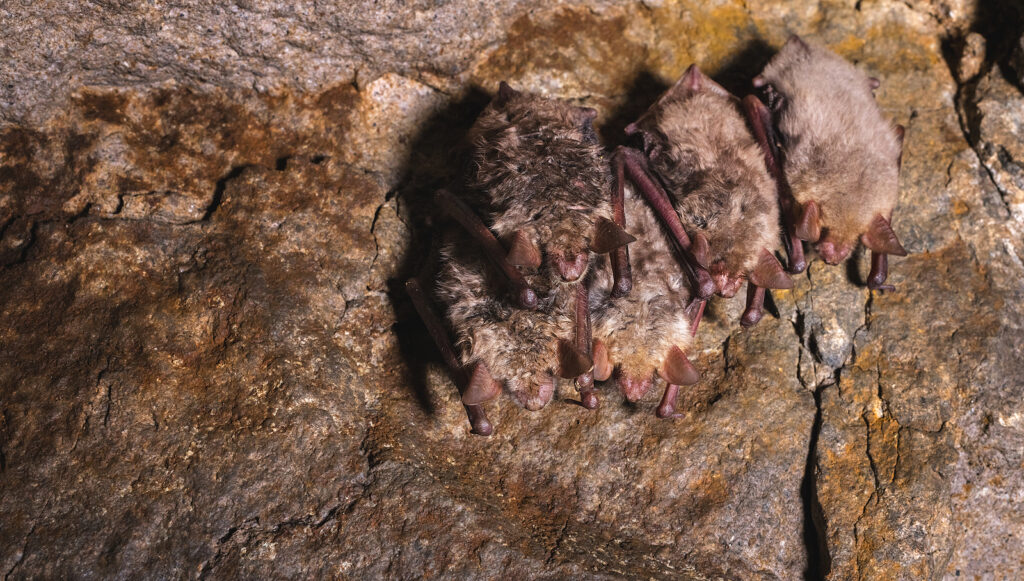The Procyon Lotor, otherwise known as the North American Raccoon, might have a common stigma in residential and commercial areas, but the truth is, this intelligent animal is quite fascinating to learn about. Raccoons are medium-sized mammals that supplement their diet with fruits, plants, insects, and small invertebrates like crayfish. They are nocturnal, meaning they sleep during the day and are active during the night. They are easily recognized by their two most distinguishing characteristics, their human-like paws, and their black “bandit” mask across their eyes. Raccoons have dense fur that both, keeps them cool in the heat, and warm in the cold.
Although raccoons are typically looked at as either nuisances or food, there are many interesting facts to know about them. Continue below to learn more about raccoons!

Basic Raccoon Facts That Might Surprise You!
🦝 Raccoons Hibernate
Just like bears and other hibernating animals, raccoons hibernate as well. However, raccoons only hibernate for a few weeks to avoid harsh and cold weather conditions, unlike other hibernating animals that sleep for entire seasons. Before going into hibernation, raccoons indulge in extra calories to store fat and stay warm in their dens.
🦝 Raccoons Live in Dens
Raccoons’ homes are called dens, similar to a fox den. This can be a hole in a tree or hollow log, or an empty burrow. They use these spaces to live, eat, breed, sleep, and even hibernate. Raccoons are diurnal, meaning they make their homes above ground and below ground. They do not like to dig their own homes underground, so they will often times claim an abandoned burrow instead.
🦝 Raccoons are Prey to Other Animals
Although raccoons are clever creatures, they do fall prey to certain predators out there in the wild. Raccoons are considered food to certain Alpha species, such as bobcats, coyotes, cougars, and sometimes domesticated dogs. Raccoon pups are even more vulnerable to predators. Unfortunately the most common fate that raccoons face is a busy interstate.
🦝 Humans are Not Likely to Get Rabies From a Raccoon
Everyone seems to think that raccoons bite humans and give them rabies all the time. They are known to be vicious rabies infested animals, but the truth is that there has never been an official documented case of a person getting rabies from a raccoon. Movies, books, and stories paint a different picture than this for entertainment reasons. Raccoons are still wild animals and should not ever be provoked or touched, but it is not likely they will attack and give you rabies.
How to Get Rid of Raccoons in Nashville, Tennessee
Call Modern Wildlife Control at 615-336-5503 to get rid of raccoons in Nashville, Tennessee and surrounding areas. As a qualified wildlife control company licensed by the Tennessee Wildlife Resource Agency (TWRA), we strictly adhere to all industry-accepted standards and best practices, and operate within all state and federal regulations that govern wildlife. With more than 3 decades of hands-on experience and premium insurance coverage, you can trust us to deliver the results you expect, and in a time frame that is convenient for you. Contact us today to request a free quote or on-site inspection. We serve all of Nashville, Tennessee, and Davidson County.



